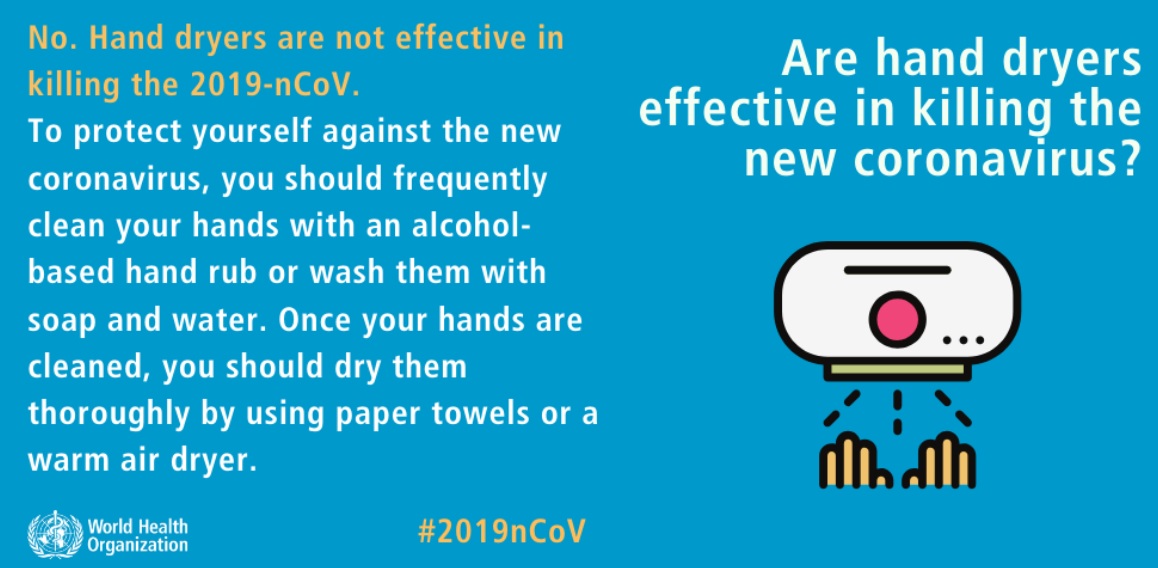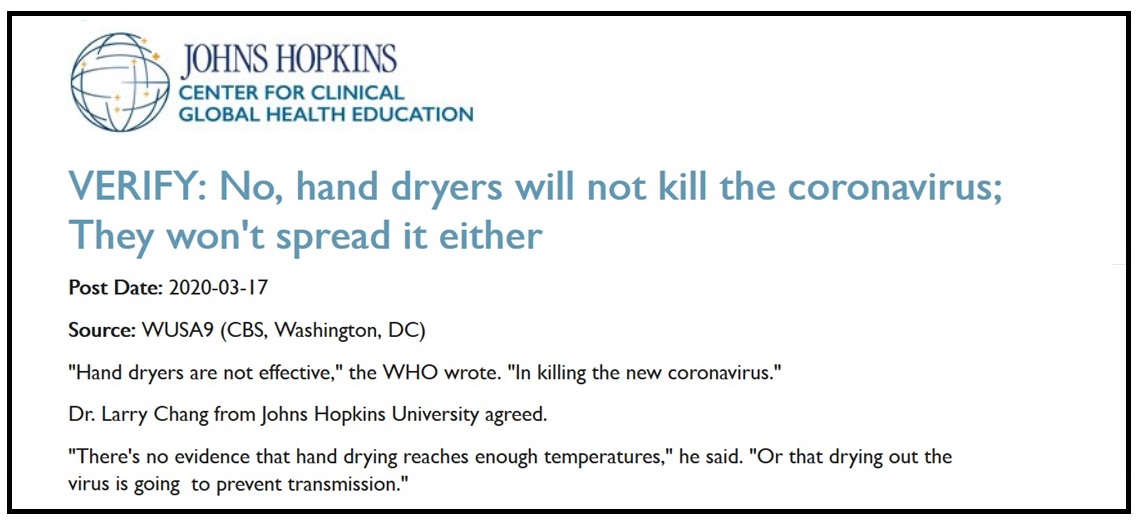-
Philippines
Copyright © 2025 Powered by BCI Media Group Pty Ltd
Confirm Submission
Are you sure want to adding all Products to your Library?
Contact Detail
22 Jan 2021 by Mediclinics

I remember my time in the hospital as if it were yesterday. I am very aware of how my friend, Gonzalo, left me in front of the emergency entrance. In my mind, I keep hearing my name resounding through the speakers of an inhospitable cold and empty room, inviting me to go to box number 35. I can't stop thinking about the doctor on duty from the box door that wouldn’t dare to enter completely out of fear of getting infected. He said to me, "I regret to inform you that you have a severe bilateral pneumonia caused by the SARS-CoV-2 virus.". But above all, I remember that at that very moment, I thought to myself, “Now what? Will I get out of this? Will I be able to defeat the virus? How can they cure me if there is no specific remedy for this virus?".
At that time, it was the beginning of the Covid-19 pandemic in Spain and we hardly knew anything about this deadly virus. To this day, we continue to have many unknowns but luckily, we’ve also begun to have some certainties and above all hope, a hope that is reaching us in the form of a vaccine.
All these uncertainties accompanied me during the two weeks that I was admitted to the hospital. As you can imagine, the hours in a hospital room pass very slowly, especially if you are totally isolated and with practically no human contact. It is for this reason that, more than ever, I was connected to the outside world and to my family through the internet. It was here that I really realized that we did not know anything about the virus and that the information that was spread by the media, in many cases, were neither reliable nor trustworthy.
Out of all news spreading at the time about Covid-19 that put me on alert-mode was the one that mentioned that hand dryers spread the virus inside of restrooms. As a person who has worked for almost 20 years at Mediclinics, a company that designs, manufactures and markets electric hand dryers- and therefore knows these types of products perfectly- I could not disagree more with the news. I know firsthand that this is totally false and it is for this reason that I immediately began to think about how to refute these "fake news".
I thought that the best way to do this was to speak with the highest authority on health matters in Spain to argue, with proper technical and scientific data, that our product was not a danger to the human health, but quite the opposite. I hoped that after reviewing our solid arguments, they would be on our side.
When all was said and done and upon leaving the hospital, the first thing I did was contact all of our competitors in Spain who are also dedicated to the automatic hand dryer business because I have always thought that unity is strength, and with the help of a an important communication agency accustomed to interacting with the public administration, we would all set out on the road to the Spanish Ministry of Health… just as Dorothy did when she decided to follow the yellow brick road that would take her to Oz. Our objective was clear: to obtain a clear and unequivocal statement, from the Spanish Ministry of Health, in favor of the use of hand dryers, even during times in a pandemic.
We did not go to the secretariat of this Ministry empty-handed. Prior to the meetings we held with them, we compiled a whole dossier with reliable and trustworthy technical and scientific information that argued in favor of the use of electric hand dryers as an effective, safe and reliable method to dry hands in a public restroom. Reliable information that I would now like to share with you so that you can see that commercial hand dryers are not a danger to human health, but quite the opposite, since they help to maintain better hand hygiene.
Most of the latest generation hand dryers are equipped with HEPA filters. A HEPA air filter media (High Efficiency Particulate Air) is a mechanical filter that retains most of the particles harmful to human health contained in the air including viruses, bacteria, mold spores, dust, dust mites, pet dander, and other irritating allergens. Using this type of filter makes it so that the air with which we dry our hands is clean of impurities, particles, viruses and bacteria.
In addition to HEPA filters, electric hand dryers can incorporate other technologies that further enhance hygiene on washed hands. For example, we’re talking about the antibacterial additives that inhibit the growth of viruses and bacteria on the surfaces of the unit or ionizers that, through negatively charged particles, also aid in cleaning and purifying the air.
Another significant technical aspect, which also helps to mitigate the contagion of contact diseases, is the fact that currently most hand dryers are sensor-operated: users don’t need to touch the unit at any time during use. This “touchless technology” helps prevent the spread of disease through cross-contamination.
You can clearly see that technology is on our side and helps us make our electric hand dryers 100% hygienic and 100% safe.
Being aware that commercial hand dryers are totally safe and hygienic, the World Health Organization (WHO), within its guidelines on hand hygiene, recommends that washed hands are thoroughly and completely dried with the use of an electric hand dryer or with paper towels.

It is very significant and enlightening that a reassuring that an organization like the WHO, guarantor of human health worldwide, recommends the use of warm-air hand dryers in its hand hygiene protocols.
Johns Hopkins Hospital in Baltimore, Maryland, is one of the world's most prestigious health care systems. It has experts in all fields of medicine working in a hospital setting that is equipped with advance cutting-edge treatments and medical sciences.
One of the experts at this prestigious hospital is Dr. Larry Chang, an infectious disease specialist. To the question asked about whether hand dryers spread the virus, his response was blunt:
“hand dryers will not kill the coronavirus; they won’t spread it either”

Dr. Chang is not the only expert in the field to say that hand dryers do not spread the virus through the air. Dr. Williams Hathaway, Medical Director of Mission Health Hospitals in the United States, corroborates the words of Dr. Chang in this video.
The CDC is one of the most important operational components of the United States Department of Health and Human Services. They work around the clock to protect all Americans from threats to their health and safety, from within the country or abroad. They are, like Johns Hopkins, a benchmark in infectious diseases and, as you can see in this video, they also recommend effective hand cleaning with soap and water, then drying hands with electric hand dryers or disposable paper towels.
The European Center for Disease Prevention and Control (ECDC) analyzes and interprets data from EU countries on communicable diseases, through the European Surveillance System (TESSy). This provides scientific advice to governments and institutions of the EU and ensures the early detection and analysis of emerging threats to the EU.
Here on the preventive measures to avoid the spread of the common flu, very similar to SARS-CoV-2, the ECDC recommends proper hand washing with soap water and subsequent drying with a hand dryer or disposable paper towels/wipes.
At this point, and with the information presented so far, you can imagine how the Spanish Ministry of Health positioned itself. Indeed, they immediately took our side. With all this information on the table, it would have been difficult to ignore. After a couple of meetings with the main officials of the Ministry, they sent us a note where Ministry of Health positively positioned themselves in favor of the use of electric hand dryers.
Like Dorothy, we managed to get to Oz, talk to the wizard, and return home with an accomplished goal.



